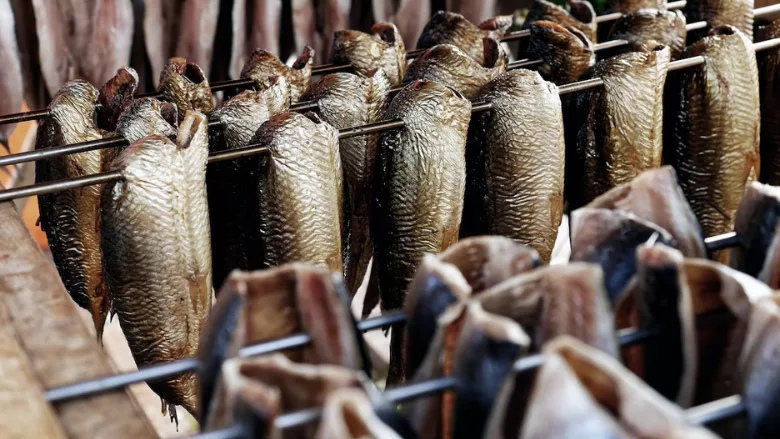Awareness Campaign has “Limited Effect” on Listeria Prevalence in RTE Food Production

Credit: Saskia van Manen via Unsplash
A recent study assessed the presence and persistence of Listeria monocytogenes in Danish ready-to-eat (RTE) food production environments to evaluate the efficacy of a government campaign to raise awareness about L. monocytogenes. Whole genome sequencing (WGS) analysis was also performed during the study to characterize the isolates.
Results of the study indicated the limited effect of the awareness campaign, as well as the need to address various factors driving the persistence of L. monocytogenes in Danish RTE food production environments.
In 2015–2016, following a series of foodborne listeriosis outbreaks, the Danish Veterinary and Food Administration (DVFA) launched a Listeria awareness campaign that promoted information and educational activities for the producers of high-risk products, food inspectors, and the public. The aim of the present study was to learn more about the presence and persistence of L. monocytogenes in the Danish RTE food production environment during 2016 and 2020, after the Listeria awareness campaign by DVFA.
The researchers conducted sampling at high-risk operations that produce RTE fish and meat products, selecting companies based on information from DFVA surveillance activities. The project was repeated in 2020 with the same companies. If a business from 2016 was not available in 2020, a replacement was selected.
A total of 777 environmental samples were obtained from 53 operations, of which 32 samples (7.5 percent) and 20 samples (5.7 percent) tested positive for L. monocytogenes in 2016 and 2020, respectively. In 2016, 17 of 39 companies (43.6 percent) had at least one positive sample, and in 2020, 11 of 34 establishments (32.4 percent) had a positive sample. A total of 20 companies—nine meat and 11 fish producers—were sampled in both 2016 and 2020. Of these 20 operations, nine (45 percent) and seven (35 percent) had at least one positive isolate in 2016 and 2020, respectively. Additionally, four of the same 20 companies tested positive in both 2016 and 2020.
Alongside the study’s environmental sampling, the joint DVFA and Technical University of Denmark (DTU) archive was searched for L. monocytogenes isolates with available WGS data, collected from product and environmental swabs collected from the same businesses as part of routine surveillance in 2016–2020. WGS and single nucleotide polymorphism (SNP) analyses were conducted on the L. monocytogenes isolates.
Of the total 52 L. monocytogenes isolates, 50 isolates collected in 2016 and 2020 by the study were analyzed further, in addition to 35 isolates gathered by DVFA surveillance in 2020. A total of 85 isolates from 27 companies were analyzed. L. monocytogenes isolates belonging to 16 different sequence types (STs) were found in the environmental and food product samples from the RTE food companies.
Looking for quick answers on food safety topics?
Try Ask FSM, our new smart AI search tool.
Ask FSM →
The researchers looked for possible links between L. monocytogenes isolates obtained by the study and human cases of listeriosis by screening public data sources. According to published reports and communication with the Danish Central Outbreak Group, 10 different L. monocytogenes STs had been implicated in human cases in Denmark during the study period, five of which were also found in the studied RTE food companies. The SNP and genetic similarities of L. monocytogenes strains isolated from human clinical cases and food production environments suggest that strains have persist over time in the production environment and contribute to human cases.
Results from the present study echo previous research that demonstrates the ability of L. monocytogenes’ STs with few SNP differences to colonize RTE food production environments. Despite DVFA’s 2015 Listeria awareness campaign, the study also shows that the overall prevalence of L. monocytogenes in high-risk RTE facilities was largely unchanged between 2016 and 2020. Furthermore, according to the researchers, cases of listeriosis in Denmark are not going down, with recorded cases having increased from 39 in 2016 to 86 in 2022.









